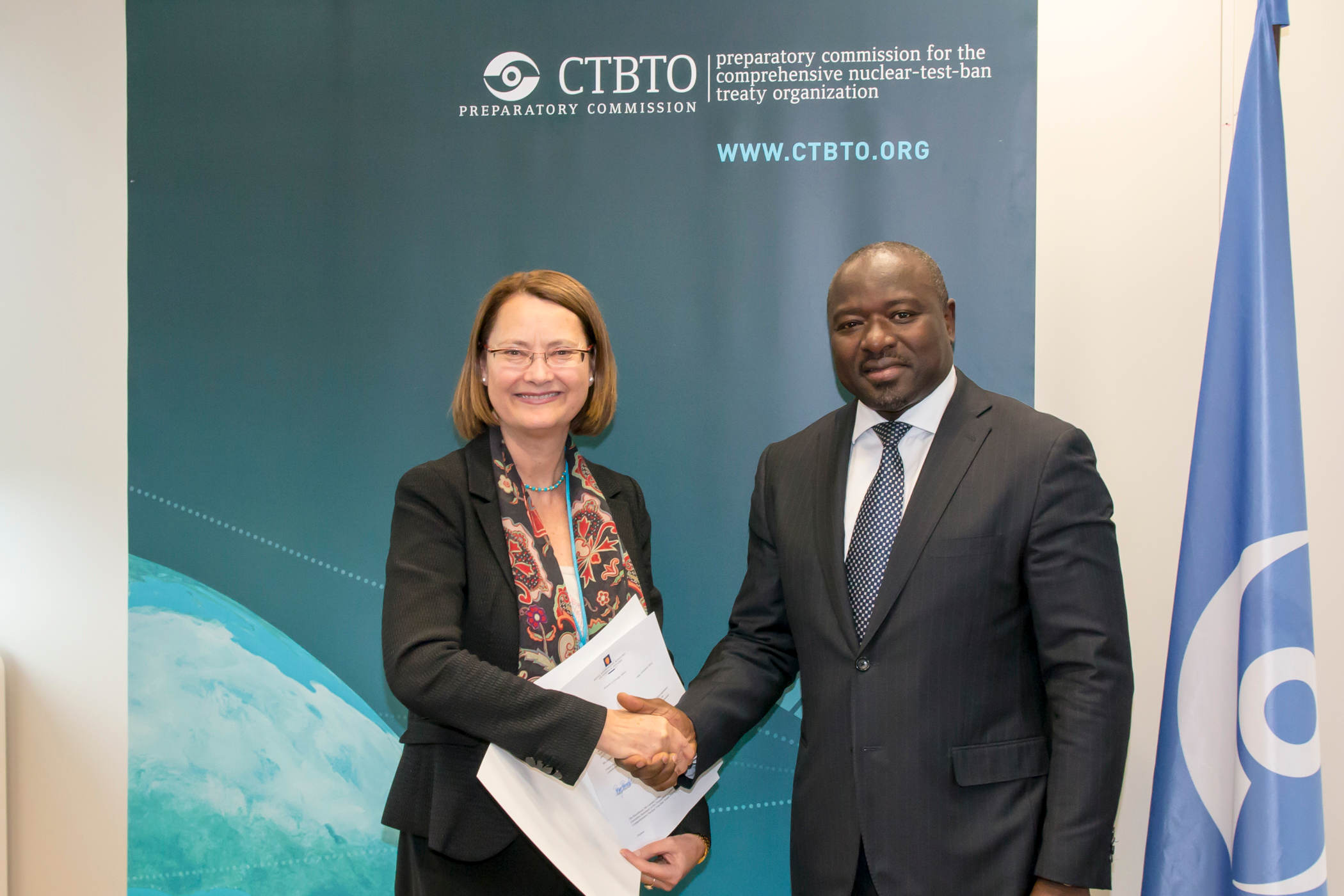Looking ahead to this coming year, 2014 is full of opportunities for reducing the value of nuclear weapons and developing arms control in ways that could improve security relations. Enough time remains before policymakers and analysts start talking about how we must focus on “managing expectations” for the Nuclear Non-Proliferation Treaty (NPT) Review Conference in the spring of 2015. How leaders use these exceptional opportunities during 2014 will influence the Conference’s chances for success, and the non-proliferation regime more broadly.
Some of the more unique opportunities in 2014 include the second conference on the Humanitarian Impact of Nuclear Weapons that will take place in Mexico in February, and the third Nuclear Security Summit in The Netherlands in March. Both initiatives will raise awareness and could make progress in preventing and managing the risks of nuclear devastation. It remains to be seen whether the Humanitarian Consequences conference will be able to encourage more cooperative measures between nuclear and non-nuclear weapons states. Also, addressing specifically weapons-relevant fissile material, a Group of Governmental Experts will meet in Geneva twice, for two-week meetings, under a mandate from the U.N. First Committee to discuss ways to overcome the challenges that have long-held back the realization of a Fissile Material (Cut-off) Treaty.
Iran’s nuclear program will continue to dominate nuclear non-proliferation diplomacy. Last year’s BASIC’s look ahead was quite bleak on prospects, but this year ended on a hopeful note. An initial deal to work with during the first half of 2014 foresees a longer-term resolution, though there will undoubtedly be obstacles and false starts. Whether the Iranian and U.S. governments in particular can muster enough support from their own constituencies to follow through on the deal remains a cloud hanging over this short-term achievement.
Within the Middle East, diplomats are still grappling with how to make it to the table in Helsinki for the long-awaited Conference on a WMD-Free Zone. It is often said that holding the conference before the parties are ready would not only doom it to failure, but also end all hopes of ever reviving the prospects of establishing such a Zone. On the other hand, Gulf States could seek ways to find leverage – where support for the non-proliferation regime might not last if perceived inequities continue without more action. As was described during a BASIC conference on nonproliferation in the Gulf earlier this year: “With all of the built up frustration… ‘the Middle East region needs a shock or a miracle’ in order to deliver on NPT obligations and establish the WMD-free zone.” (See BASIC’s new factsheet on the Zone.) Yet any pessimism should be tempered by the fact that most Middle East states are members of, and remain in compliance with, global nuclear and other WMD agreements.
Over the past several years, the nuclear weapon states of the NPT: China, France, Russia, the United Kingdom and the United States, have met to explore their responsibilities to work towards disarmament measures, under the so-called ‘P5 process’. They have since been working with the goal of reporting on “concrete progress of their steps leading to nuclear disarmament” at the 2014 PrepCom this spring, following Action 5 of the last Review Conference’s 64-point plan (on p. 21).
Between Russia and the United States, implementation of New START continues, although it has been suggested that the United States could speed up this process of reducing strategic nuclear weapons. Strained relations between Moscow and Washington have slowed progress on taking new steps, also reflected in the tactical nuclear weapons issue– where the United States and NATO Europe have reiterated their intention to hold off on further reductions of the B61 nuclear bombs based in Europe until agreements can be made with Russia over its larger TNW arsenal. Some countries remain attached to the presence of nuclear weapons as a symbol of U.S. commitment to European defence against Russian influence. How can NATO better address the security needs of European countries that still bear the scars of the Cold War? Changes of some sort are down the road because Western European countries may be losing interest in spending funds to procure the next generation of aircraft in a nuclear-capable form, and the U.S. budget is stretched too thin to take on the range of plans currently set for modernizing the B61. It is unknown how much of an issue certain countries will decide to make of these challenges during the next NATO Summit in September, when allied heads of state will gather in South Wales.
Also in September, Scotland will hold its referendum on independence from the United Kingdom and the debate has already drawn more attention to the UK’s Trident nuclear weapons submarines that are based there at Faslane. The nationalists are choosing to use the issue as symbolic of London’s imposition of strategic decisions upon Scots against their wishes. It remains to be seen how decisive the issue might be in the vote, and in the apparently unlikely event of a ‘yes’ vote, how strongly the nationalists will hold onto their position in the post referendum negotiations.
BASIC will be releasing the final conclusions of the cross-party BASIC Trident Commission, reporting on all critical aspects around the future of the United Kingdom’s nuclear arsenal and the UK’s approach towards global nuclear non-proliferation diplomacy. This promises to stir up some debate prior to the 2015 General Election and the subsequent final decision required before Britain embarks on the construction of a new ballistic missile submarine fleet. Yesterday’s comment by the highly-respected Conservative chair of the House of Commons Defence Committee, James Arbuthnot, questioning the wisdom of replacing Trident is only the latest in a series of such publicly expressed doubts by leaders in London.
The annual Wilton Park Conference in the United Kingdom will this week take on these topics and more. Our colleague, Rebecca Cousins, will be there with hundreds of policy officials, defense intellectuals and international security specialists.
BASIC’s This Week will resume on January 6th.

